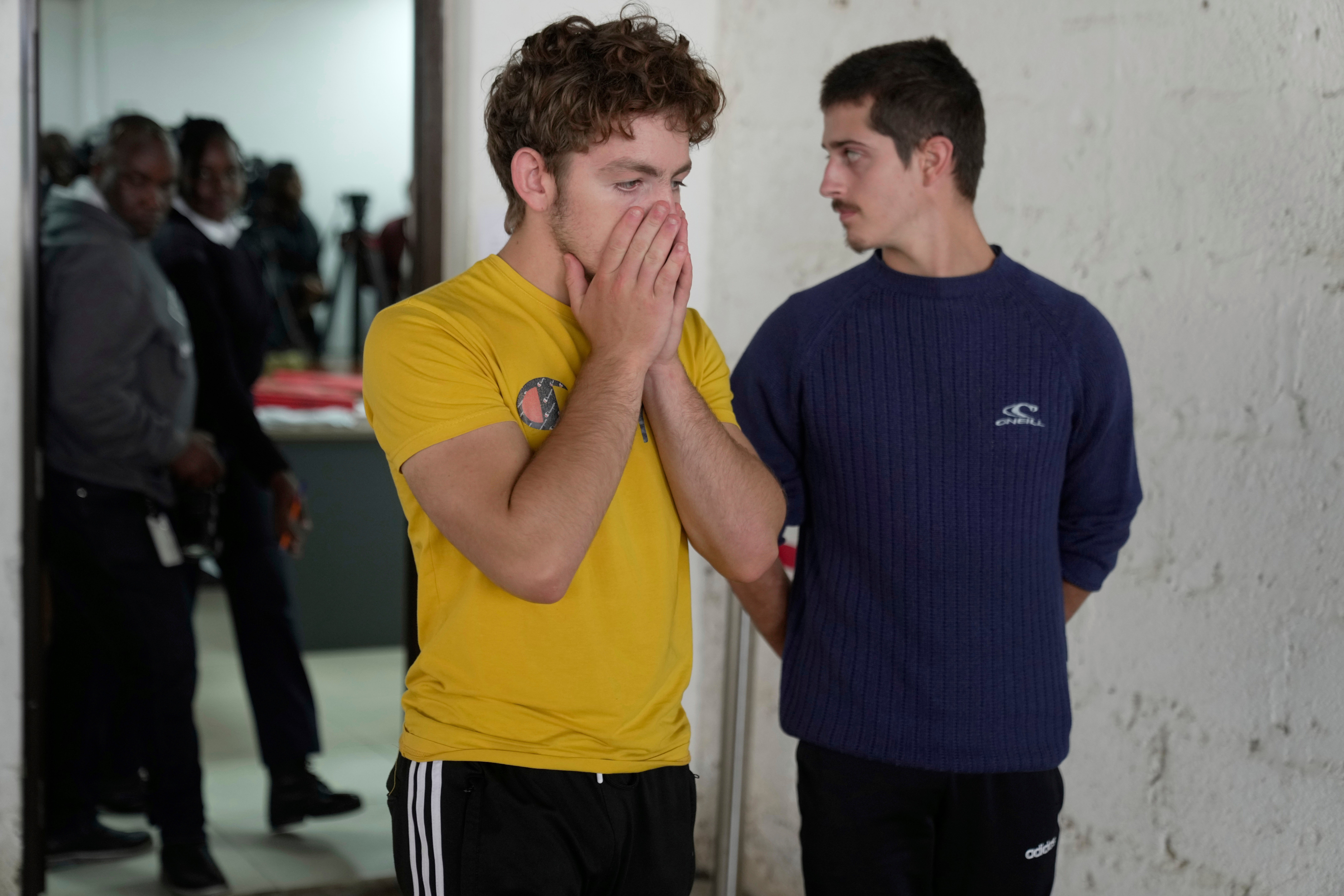ARTICLE AD BOX
Two Belgian teenagers who were found with 5,000 ants in Kenya have been fined $7,700 or the option to serve 12 months in prison for violating wildlife conservation laws.
Belgian nationals Lornoy David and Seppe Lodewijckx, both 19, were arrested on April 5 and charged 10 days later after Kenyan authorities discovered the ants packed in test tubes at the guest house where they were staying.
Authorities said the ants were destined for European and Asian markets in an emerging trend of trafficking lesser-known wildlife species.
Magistrate Njeri Thuku, sitting at the court in Kenya’s main airport, delivered her ruling on Wednesday.
She said that despite the teenagers telling the court they were naïve and collecting the ants as a hobby, the particular species of ants they collected is valuable and they had thousands of them — not just a few.
The sentence is considered the maximum penalty for the offence.

The Kenya Wildlife Service had said the teenagers were involved in trafficking the ants to markets in Europe and Asia, and that the species included messor cephalotes, a distinctive, large and red-colored harvester ant native to East Africa.
The illegal export of the ants “not only undermines Kenya’s sovereign rights over its biodiversity but also deprives local communities and research institutions of potential ecological and economic benefits,” KWS said in a statement.
Kenya has in the past fought against the trafficking of body parts of larger species of wild animals such as elephants, rhinos and pangolins among others. But the cases against the four men represent "a shift in trafficking trends — from iconic large mammals to lesser-known yet ecologically critical species,” KWS said.
Philip Muruthi, a vice president for conservation at the Africa Wildlife Foundation in Nairobi, previously said the ants play the role of enriching soils, enabling germination and providing food for species such as birds.
“The thing is, when you see a healthy forest, like Ngong forest, you don’t think about what is making it healthy. It is the relationships all the way from the bacteria to the ants to the bigger things,” he said.
Muruthi warned of the risk of trafficking species and exporting diseases to the agricultural industry of the destination countries.
“Even if there is trade, it should be regulated and nobody should be taking our resources just like that,” he said.









 English (US) ·
English (US) ·